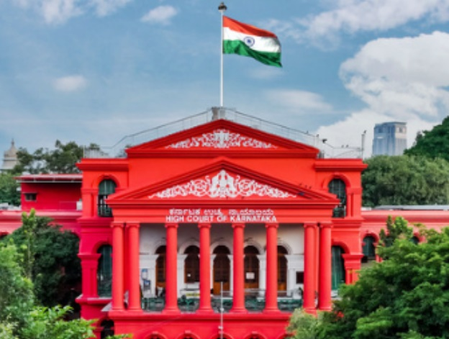Bengaluru, April 29 (IANS) The Karnataka High Court on Tuesday asked the Centre to initiate steps to block the operation of Switzerland-based Proton Mail in India.
The Bench headed by Justice M. Nagaprasanna issued the order to the Centre on a petition in this regard filed by M. Moser Design Associates of India Private Limited.
The company had filed the petition following circulation of obscene e-mail messages about its employees and clients using Proton Mail.
The petitioner expressed concern over the high degree of anonymity Proton Mail provides to users and its continued operation in the country.
The prayer was made before the court to regulate and block Proton Mail’s operations in India.
The petition also claimed that Proton Mail was refusing to provide details about the sender of the objectionable mails, to the police department.
The counsel also submitted to the court that the police probe is going to remain ineffective in this background.
The counsel further submitted that Proton Mail has removed its servers from India and bomb threats to schools were sent from Proton Mail accounts in the recent past. The counsel has underlined that it is a national threat.
The counsel further stated before the Bench that Proton Mail gives instructions to users on how to escape the monitoring of Indian agencies and it takes only 30 seconds to create a Proton E-Mail ID and it’s done without any kind of verifications.
The court has issued directions to the central government agencies to initiate action to block Proton Mail under Section 69A read with Rule 10 of the Information Technology Act.
The counsels representing the Centre and other agencies had earlier stated that the Union government may have a limited role in fulfilling the demands of the petitioner. The trial court has to initiate the process of seeking assistance from Swiss authorities.
Proton Mail claims that it is a free and secure email service that’s “powered by our community, not surveillance capitalism.”
It also says that “Proton is incorporated and headquartered in Switzerland, meaning your data is protected by some of the world’s strictest privacy laws.”
–IANS
mka/rad
